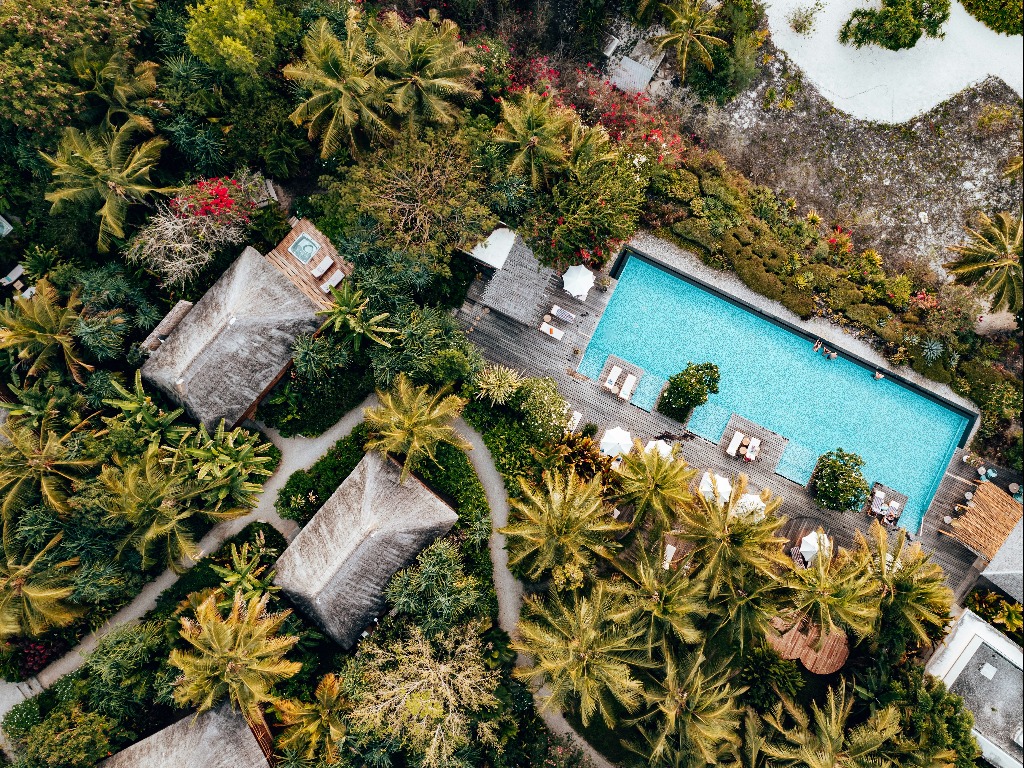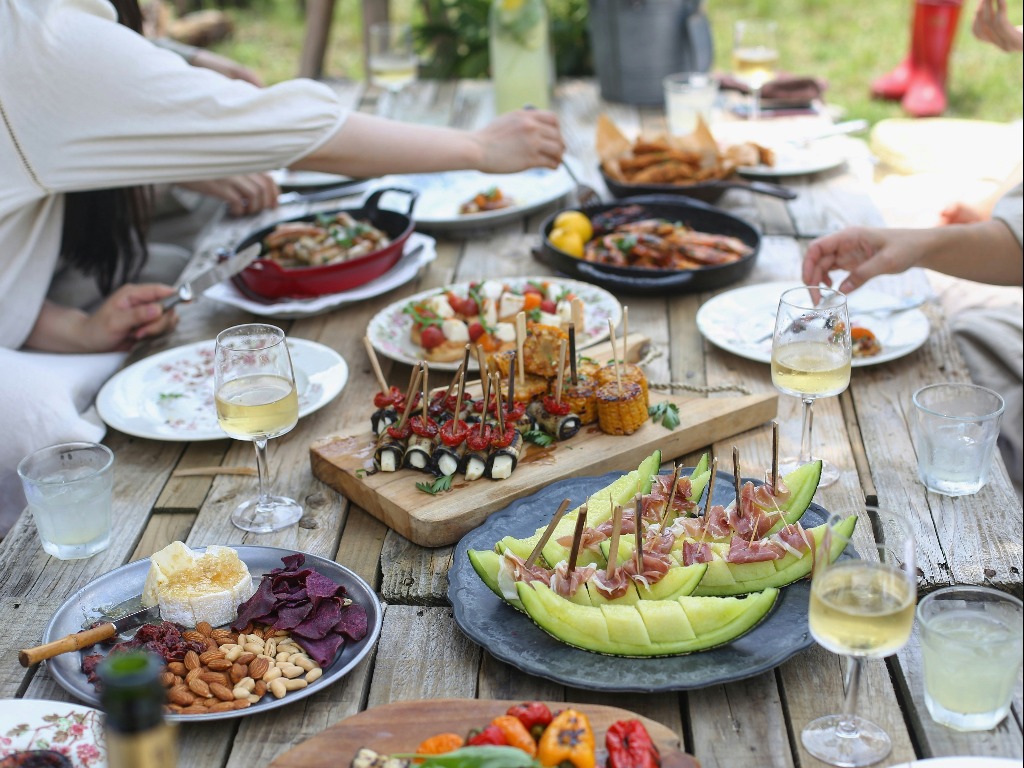
New report highlights the changing face of luxury travel in Asia Pacific
As the Asia Pacific region continues to be the growth engine for luxury travel, a new comprehensive report from the Luxury Group by Marriott International has identified new expectations and travel preferences among high-net-worth (HNW) travellers in Asia Pacific.
Across the region, 68 per cent are planning to spend more on travel over the next 12 months – 89 per cent among Indians – with 74 per cent planning to travel within Asia Pacific and 88 per cent prioritizing gastronomy as the reason to travel. One in four of all holidays planned (25 per cent) are celebrations.
Three distinct new groups of luxury traveler have emerged – the ‘Venture Travelist’ who seeks business opportunities when traveling, ‘Experience Connoisseur’ Millennials who are traveling for enrichment and ‘Timeless Adventurer’, over 65s who are building their own itineraries and exploring places before they become popular.
Longer holidays on the rise
The research among HNW travelers in Australia, Singapore, South Korea, Japan, Indonesia and India reveals they are traveling frequently with longer holidays especially across the Asia Pacific region. An average of six leisure trips is planned within the next 12 months while 33% of respondents are planning at least seven holidays this year. On average, a short stay comprises three nights while a long stay is two-and-a-half weeks. For many, the kinship and connection within a group enhances the richness of the travel experience, with over 70% choosing to travel with family or friends.
Australia is the destination of choice (46 per cent, above Japan (42 per cent) and Hong Kong, China (27 per cent). Sixty-nine per cent of India’s HNW tourists are planning a trip to Australia and it is the top destination of choice for Indonesian, Japanese and Singaporean travellers.

Travel trends revealed
Increasing demand in India
The most active and engaged travel market, 89 per cent of Indian HNW say they are planning to spend more on travel.
Families and friends are touring together to mark key milestones, attend a private function or event, with 38 per cent planning a trip with friends and 33 per cent making theirs a celebratory trip.
A Fascination for Food
A whopping 88 per cent are picking their holiday destination based on discovering a new food or culinary experience. Acutely aware of dining trends, almost half of the respondents (49 per cent) describe a fine dining experience as an ideal night out.
Reinforcing this point, 83 per cent will choose a destination to visit an award-winning restaurant and 35 per cent agreed they would spend more on unique culinary experiences. When choosing a hotel, 81 per cent of HNW travellers make their selection based on fine dining options and 83 per cent choose a destination so they can visit a celebrated restaurant.

New traveller personas emerge
With more disposable income for holidays and a growing population of ageing travellers, the research has identified three new categories of affluent travellers. These include:
i) The ‘Venture Travelist’
The next-generation Bleisure tourist, the Venture Travelist prioritizes holiday destinations that will generate business opportunities. While they enjoy their vacation with their family and loved ones, they are always on the lookout to secure a deal. Entrepreneurs at heart, they explore a location, shopping for local products and antiques, and looking to forge business connections with members from the local community.
ii) The ‘Experience Connoisseur’
Predominantly millennials, Experience Connoisseurs plan their leisure travel as an opportunity for personal enrichment. They travel extensively and see the experience as an investment in their mental and physical wellbeing. They want to deeply explore a destination, they value personalization and actively seek exclusive one-of-a-kind experiences.
iii) The ‘Timeless Adventurer’
Debunking every stereotype of the over-65 ‘silver set travelers’, Timeless Adventurers are keen explorers who want to immerse themselves in a destination. They’re less interested in tourist attractions and more drawn to what gives the destination a sense of place, what makes it unique and memorable.
The full report is available to download.
